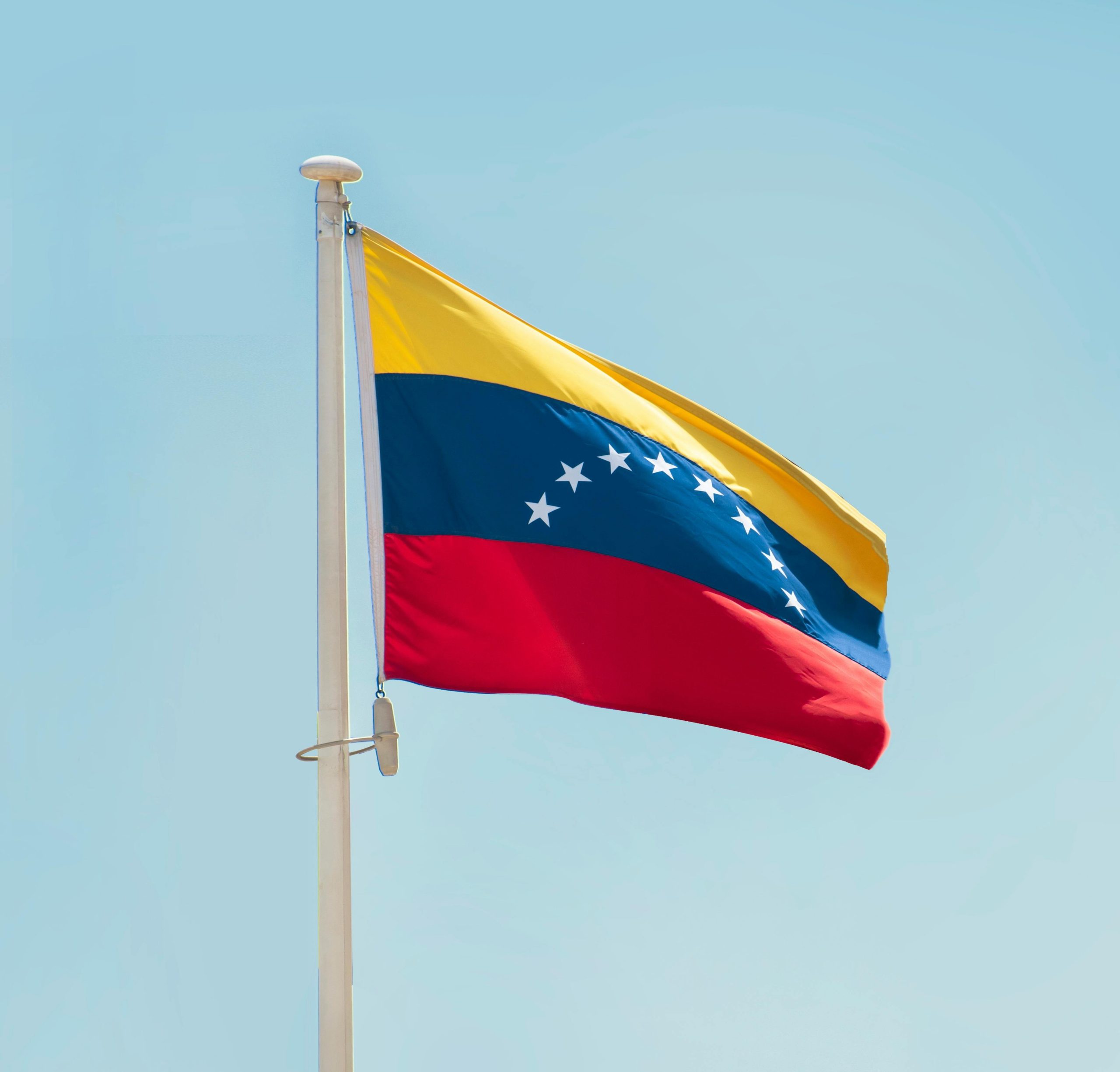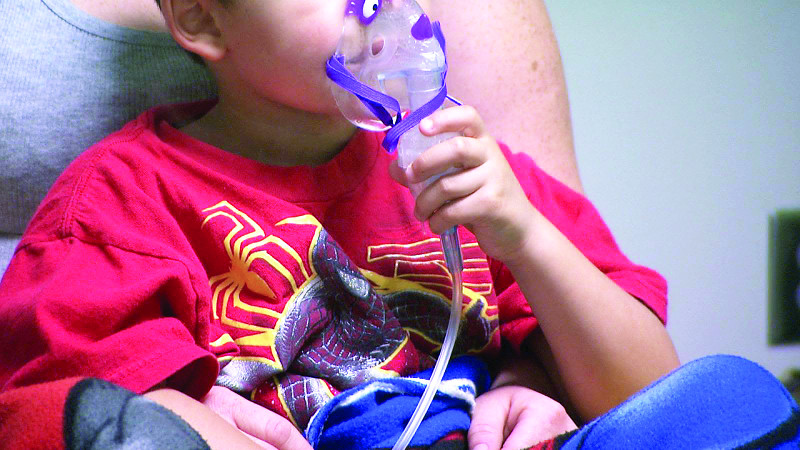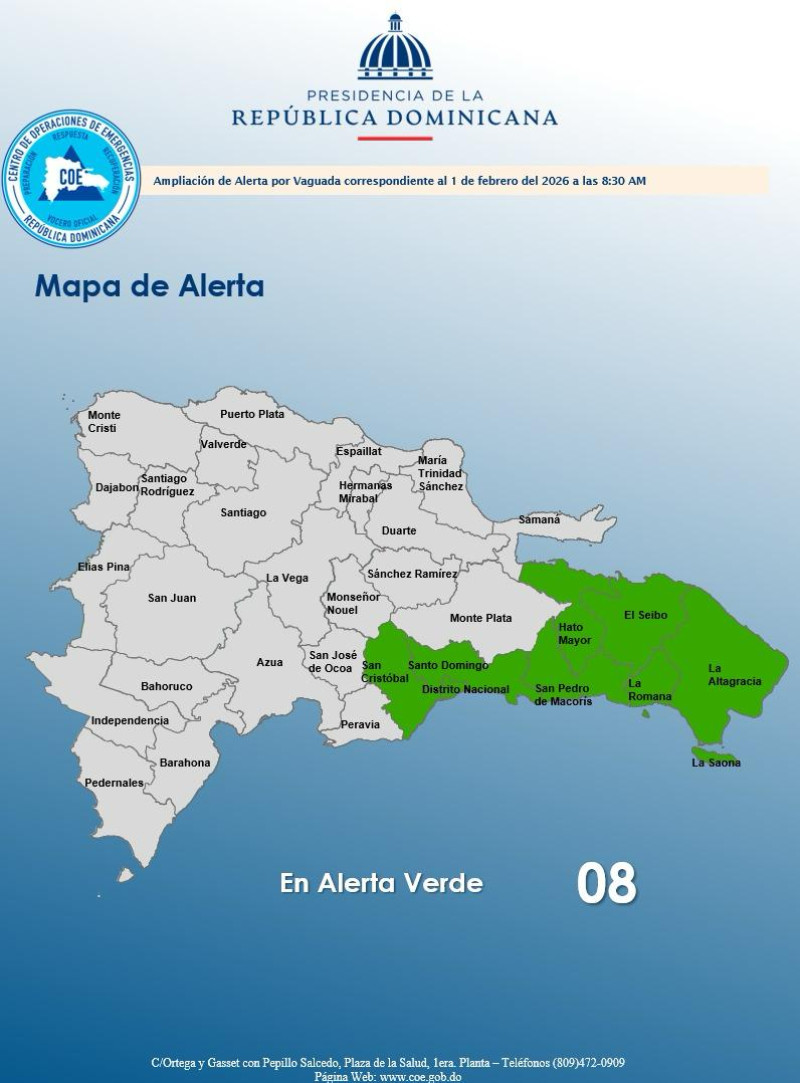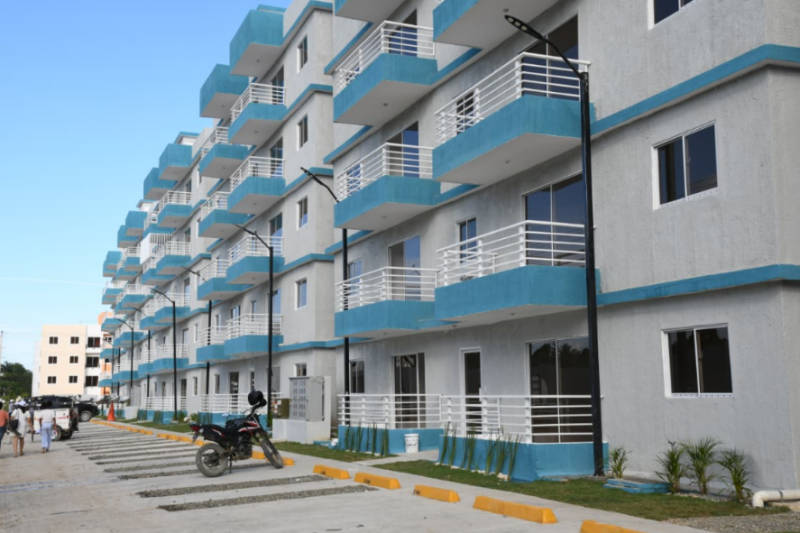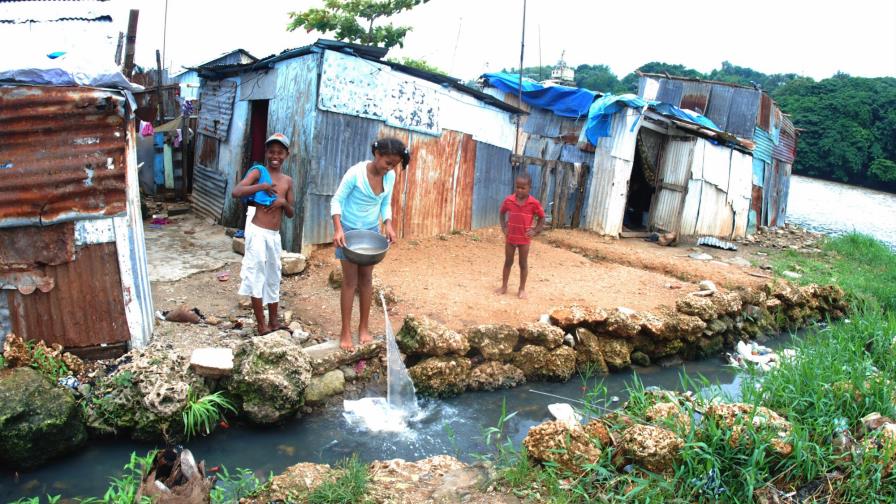DUBAI, UAE – Dominican Republic President Luis Abinader has commenced his diplomatic mission in Dubai, where he will participate in the prestigious World Governments Summit (WGS) 2026. The high-level gathering, scheduled from February 3-5, convenes under the forward-looking theme “Shaping the Future of Governments” and brings together heads of state, senior government officials, and global business leaders to address pressing governance challenges.
President Abinader received an official welcome upon arrival from Huda Al Hashimi, UAE Minister of State for Government Development and the Future, alongside Renso Antonio Herrera Franco, the Dominican Ambassador to the UAE. The presidential delegation comprises key cabinet members including the Ministers of Finance, Public Administration, and Housing, in addition to senior representatives from national planning, investment agencies, and the Presidential Office.
The summit agenda for President Abinader includes bilateral discussions with international counterparts focused on enhancing economic development, identifying emerging global opportunities, and strengthening multilateral cooperation. Additional engagements are planned with South American leaders and members of the Dominican diaspora residing abroad.
Since its establishment in 2013, the World Governments Summit has evolved into a premier global platform dedicated to fostering innovation, technological advancement, and future-oriented governance strategies. The event facilitates critical dialogue on public policy innovation and governmental transformation in response to rapidly evolving global dynamics.





